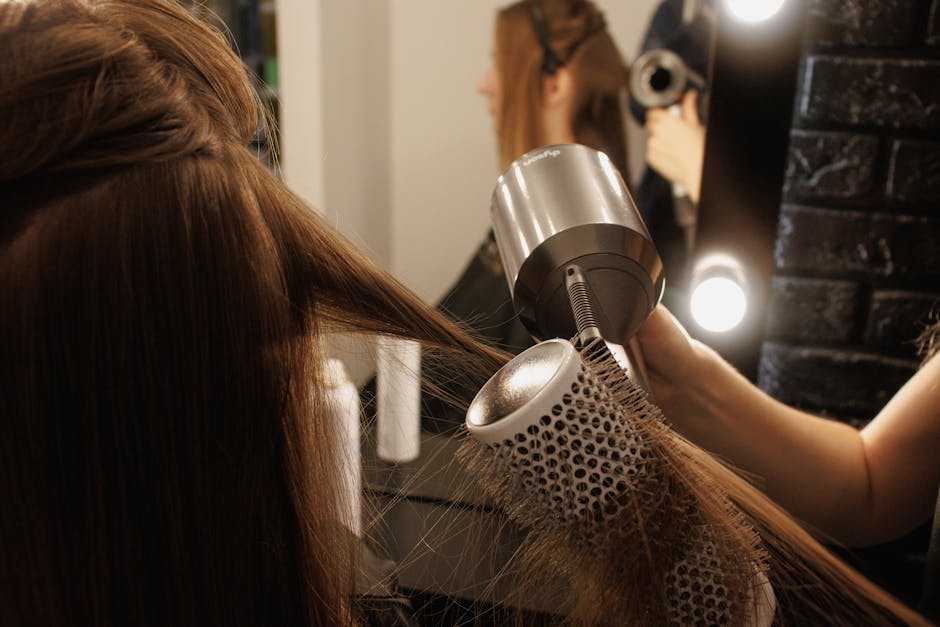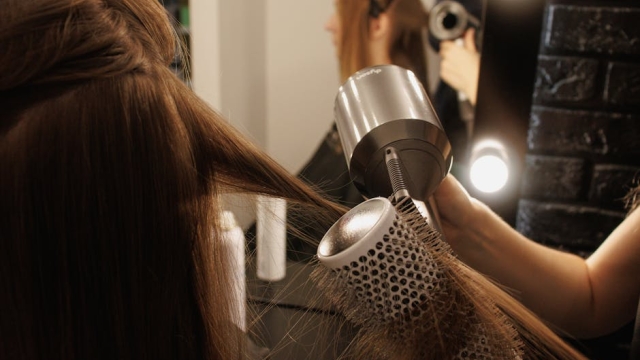Understanding Your Hair Type and Its Needs

Taking care of your hair is a vital aspect of personal grooming that often gets overlooked. A personalized approach to haircare is essential for maintaining healthy, vibrant locks. Understanding your hair type and its specific needs is the first step toward establishing effective routines. This article will guide you through Essential haircare routines that promote hair health, focusing on daily care and weekly treatments tailored to your unique hair characteristics.
Understanding Your Hair Type and Its Needs
To create effective haircare routines, it’s crucial to identify your hair type. Hair can generally be categorized as straight, wavy, curly, or coily, and each type has distinct characteristics and care requirements. Additionally, consider the porosity of your hair, which affects how well it absorbs moisture and products. High-porosity hair tends to absorb moisture quickly but loses it just as fast, while low-porosity hair resists moisture absorption, often requiring specific techniques to enhance hydration.
Another factor to consider is the thickness and density of your hair. Fine hair may require lighter products to avoid weighing it down, while thick hair may benefit from heavier creams and oils for added moisture. Understanding these characteristics allows you to choose the right products and treatments that align with your hair’s unique properties, forming the foundation of your essential haircare routines.
Daily Haircare Essentials: Washing and Conditioning
One of the most fundamental aspects of haircare is washing and conditioning. How often you wash your hair can depend on your hair type and lifestyle. For instance, fine hair may become greasy quickly and require more frequent washing, whereas coily hair tends to be drier and can go longer between washes.
When choosing shampoos, look for sulfate-free formulas that cleanse without stripping your hair of its natural oils. For conditioner, opt for a product that suits your specific hair type—lightweight conditioners may work best for fine hair, while thicker, richer conditioners can nourish thicker hair types.
Incorporating a leave-in conditioner or a light styling cream can also enhance your daily haircare routine. These products provide added moisture and protection, helping to manage frizz and maintain your hair’s overall health. Always apply these products to damp hair to lock in hydration effectively.
Weekly Treatments: Masks and Oils for Hair Health
In addition to daily maintenance, incorporating weekly treatments into your haircare routine can significantly boost your hair’s health. Hair masks and oils are excellent options for providing deep conditioning and nourishment. Depending on your hair needs, you can choose from a variety of masks, such as those that hydrate, repair, or strengthen.
For dry or damaged hair, look for masks rich in natural oils, such as argan oil or coconut oil, which can penetrate the hair shaft and provide essential moisture. If your hair is prone to breakage, opt for a protein-rich mask to help strengthen the strands. It’s beneficial to apply these treatments once a week, allowing them to sit for the recommended time to maximize their effectiveness.
Similarly, using hair oils can be a game-changer for your routine. Applying a few drops of oil to the ends of your hair can help seal in moisture and add shine. Choose oils that suit your hair type; for example, lighter oils like jojoba are great for fine hair, while thicker oils like castor are beneficial for coarser textures.
Conclusion
Establishing essential haircare routines tailored to your hair type is key to achieving and maintaining healthy hair. By understanding your hair’s specific needs and incorporating daily washing, conditioning, and weekly treatments, you can nurture your locks effectively. Remember that not all products work the same for everyone, so be willing to experiment and adapt your routine as necessary. With consistent care and attention, your hair can thrive, reflecting your commitment to its health and beauty.


